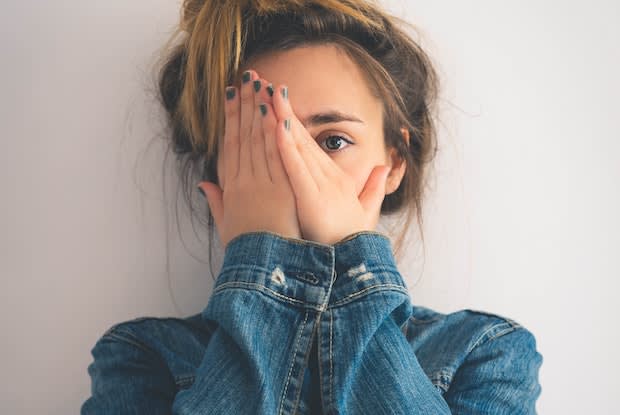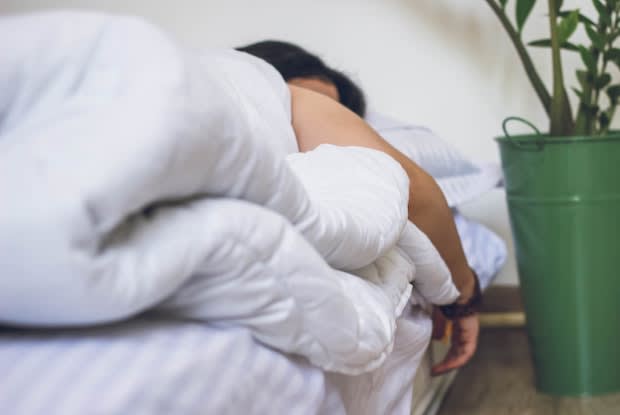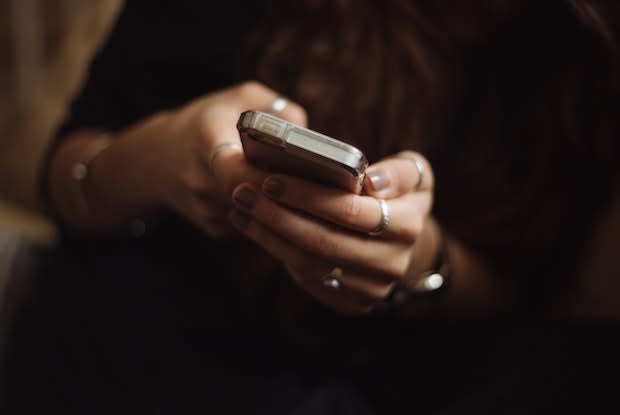Table of Contents
I. 6 Impacts of Poor Sleep Hygiene
II. How much should you be sleeping?
III. Improve your sleep hygiene
6 Impacts of Poor Sleep Hygiene
Most of us know that sleep is important, but we often make it our lowest priority. With so many other obligations, the time for sleep is usually whatever’s left between the end of one day and the beginning of the next. But poor sleep hygiene could be as detrimental to your health as bad diet choices and lack of exercise.
1. Weight Gain
If you’re sacrificing sleep on a regular basis, you may start to notice a change in your waistline. As one of the most common symptoms of chronic sleep deprivation, weight gain happens for a few different reasons:
- Lack of sleep is shown to cause an increase in ghrelin, a hormone responsible for increasing appetite; meanwhile leptin, a hormone that helps create feelings of fullness, is decreased by sleep deprivation.
- Sleep deprivation triggers brain activity that makes us more likely to crave high-calorie foods that can trigger weight gain.
- Even when test subjects are given snacks to account for the energy they expend while awake, they tend to choose higher calorie meals after not getting enough sleep. [1]
- Sleep deprivation can also decrease insulin sensitivity, which may eventually lead to weight gain and Type 2 diabetes. [2]

2. Migraines
For most people, a headache is an annoying occurrence that occasionally disrupts their day. But to the 12% of people who experience migraines, headaches can be completely debilitating.
- Migraines are characterized by severe dull or throbbing pain that may be localized to a certain area or only one side of the head. Migraines are often accompanied by sensitivity to sound and light, and can induce nausea and vomiting.
- Although we don’t know exactly why some people get migraines, lack of sleep has been identified as a common trigger.
- Sleep deprivation appears to increase levels of proteins that initiate chronic pain. [3]
- Other studies found a bidirectional relationship between migraine and sleep. Meaning migraines tend to cause poor sleep, while poor sleep is a trigger for migraines. [4]
3. Memory and Cognition
Even if you feel drained after a poor night’s sleep, you probably underestimate the toll it takes on your brain’s ability to stay alert.
- Sleep helps us to process and consolidate memories. Sleep deprived people have poorer memory retention while awake.
- Chronic sleep restriction (6h or less for several consecutive nights) has significant effect on cognitive performance, even when people don’t rate themselves as “sleepy”.
- Lack of sleep and alcohol intoxication have similar effects on motor performance, and can be especially dangerous in industrial settings. [5]
4. Testosterone
Men with poor sleep quality may feel the effects in the form of low testosterone.
- Testosterone levels usually rise during the night and peak in the early morning. But insufficient selep can disrupt this cycle.
- One week of sleeping less than five hours each night can reduce testosterone by 10–15%, resulting in bad mood and reduced feelings of vigor.
- Testosterone gradually declines as men age, but premature low testosterone can result in decreased libido and muscle mass, which may be especially distressing in young men. [6]
5. Skin
Sleep is good for your skin and less expensive than most beauty regimens.
- Chronic stress from lack of sleep may increase levels of cortisol.
- Although it’s useful in emergency situations, cortisol represses collagen synthesis. When your body produces less collagen, skin develops more fine lines and loses elasticity.
- High cortisol levels also reduce the skin’s ability to heal wounds and makes skin more vulnerable to flares of psoriasis and eczema.
6. Immune System
Missing out on sleep weakens your body’s natural defenses.
- The immune system releases cytokines during sleep that help fight infection and inflammation. Less sleep equals reduced production of these protective proteins.
- Sleep deprivation triggers a stress response that reduces the numbers of the natural killer cells that help off viruses and tumors.

How much should you be sleeping?
Specific sleep requirements differ between individuals, but the general recommendation is between 7–9 hours each night.
If you find it very difficult to get out of bed in the morning and feel fatigued throughout the day, adjust your schedule to accommodate more time in bed. If problems persist after consistently sleeping 9 hours per night, see your doctor to rule out medical conditions.
Improve your Sleep Hygiene
Between stress, anxiety, and other conditions, getting more sleep is easier said than done. Try these tips to make your time in bed as restful as possible.
1. Keep a Schedule
Establish a sleep routine to determine if you’re getting enough sleep. Stick to your routine whenever possible, even on weekends and holidays.
2. Ditch the Devices
Cell phones and laptops are one of the biggest causes of poor sleep hygiene. Not only are they distracting, but the blue light emitted from screens suppresses the sleep hormone melatonin.
Cut back on screen time for at least an hour before bed, and keep your phone outside of the bedroom overnight.
Try to eliminate exposure to screens for at least an hour before bedtime, and keep your phone in a different room to avoid using it before you drift off. If you need to use a device before sleep, blue-blocking glasses may stop the screen from messing with your melatonin. [7]
3. Purify your Bedroom
Do whatever you need to do to make your bedroom calming and peaceful. Replace pillows every 1-2 years, clean bedding frequently, and add decorating touches to make your room extra cozy.

4. Reading
Not only does reading before bed force you to get away from screens, but it establishes a ritual that helps to relax you before bed. If you use an electronic reader, use blue-blocking glasses or a night filter.
5. Minimize Disturbances
Unless you live alone in the woods, your surroundings are probably impacting your quality of sleep. Use ear plugs and a sleep mask to block out disturbing lights and sounds.
6. Visualization
For busy or anxious people, lying down to fall asleep can trigger thoughts and worries. Some people use visualization techniques to focus on things that don’t carry emotional weight. Try counting backwards from 100, visualizing the numbers being written or painted as you go.
Poor sleep hygiene can hurt your health, but even the best sleepers might need prescription drugs. At TrueCanadaPharmacy.com, maintenance medications are up to 80% less than your local pharmacy. Use the money you save to turn your bedroom into a dreamy oasis. Click here to check prices on your medication and learn more about True Canada Pharmacy.
DISCLAIMER: The content in this article is intended for informational purposes only. This website does not provide medical advice. In all circumstances, you should always seek the advice of your physician and/or other qualified health professionals(s) for drug, medical condition, or treatment advice. The content provided on this website is not a substitute for professional medical advice, diagnosis or treatment.
